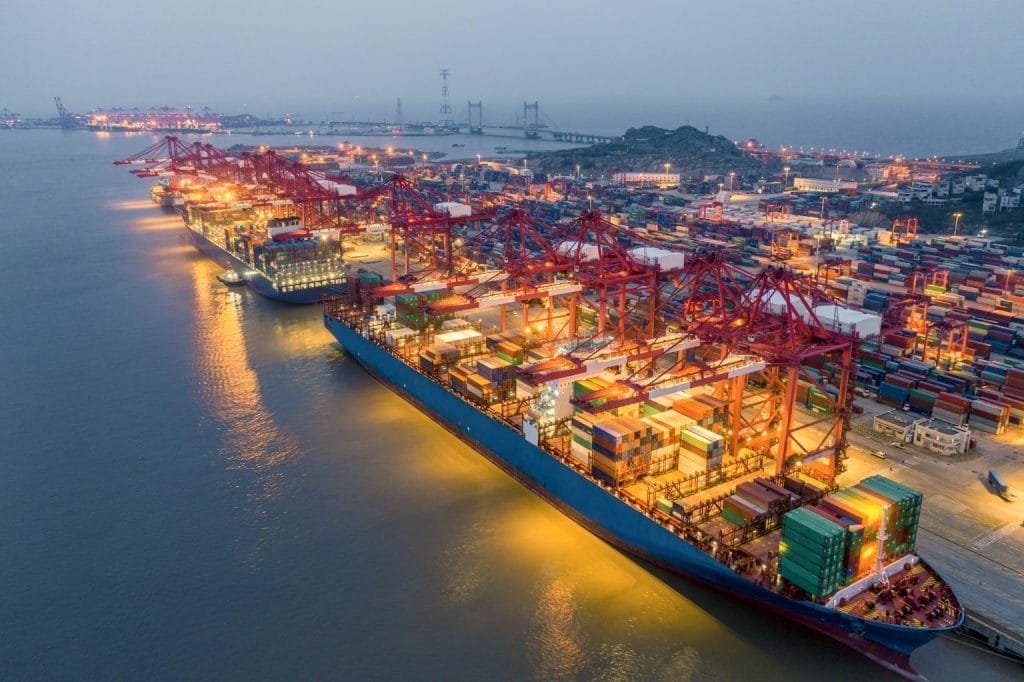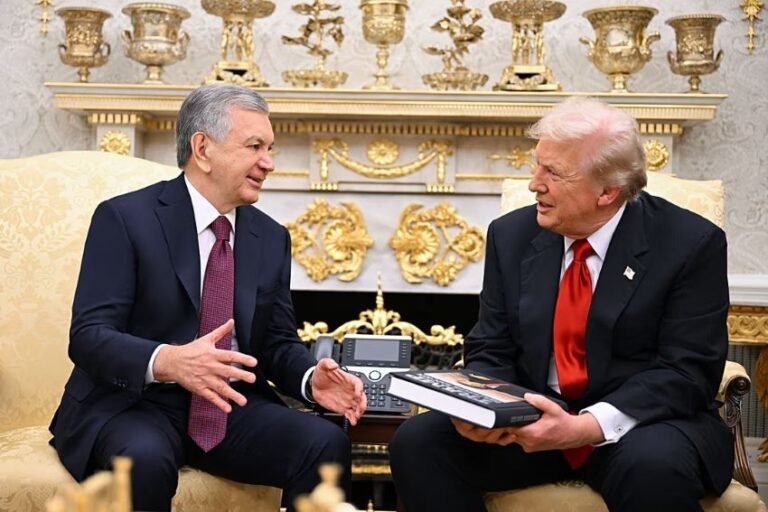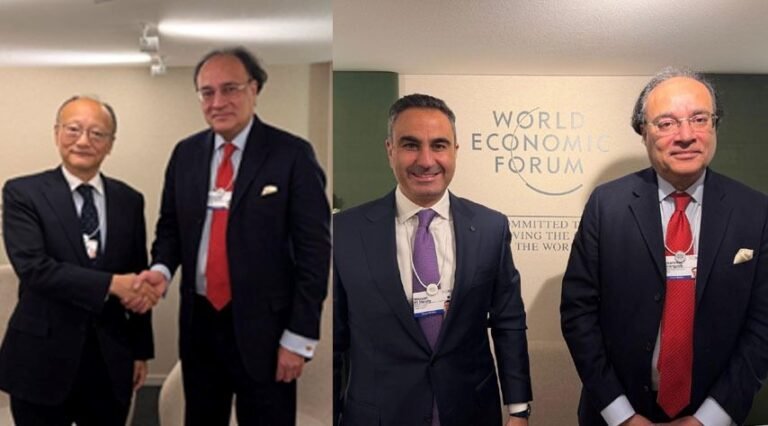Washington D.C., 2 May 2023 (TDI): According to the International Monetary Fund (IMF), Asia will contribute 67 percent of the global growth this year. In the latest Reginal Economic Outlook of IMF, growth in Asia and the Pacific is forecast to accelerate to 4.6 in 2023.
China, with a 34.9 percent share, and India, with a 15.4 percent share, will lead in driving the global economic recovery.
Asia’s economic growth is poised to accelerate to 4.6% this year from 3.8% last year with India and a reopened China driving the jump. Our Chart of the Week has the global context: https://t.co/cgun0ydcqz pic.twitter.com/J2L2Skm6gN
— IMF (@IMFNews) May 2, 2023
The main factor behind the forecast is the reopening of China. Increasing consumption in China is driving economic growth in the rest of the region. According to WTO Centre, the reopening of China would boost the global recovery.
In India’s case, the Asian Development Bank forecasted in April that India’s Gross Domestic Product (GDP) will grow moderately by 6.4% in FY2023 and rise to 6.7% in FY2024 due to the surge in private investment and private consumption as the government is seeking to improve transport infrastructure, logistics and the business ecosystem.
Although greater than expected, tightening of US monetary policy and geo-economics fragmentation, which leads to supply chain disruptions, can risk the forecast. In short term, the Asian countries would also face monetary and fiscal policy challenges.
Also Read: China and India to Drive Half of Global Economic Growth in 2023
Earlier this year, the Managing Director of IMF, Kristalina Georgieva, shared the organization’s concern regarding economic fragmentation.
Fragmentation makes it more difficult to help vulnerable emerging and developing economies that are hard hit by multiple shocks, said Kristalina Georgieva.
She wrote in an IMF blog that the world is facing a scenario of a new Cold War between the two largest economies, the US and China which might result in the formation of rival economic blocs.
According to a recent IMF Staff Analysis, after several decades, the world is facing the problem of policy-driven economic fragmentation (GEF). This would lead to more restrictions and barriers to the flow of capital, the spread of technology, cross-border migration, and international cooperation, hindering the ability to tackle problems of a shock-porne world.
Undergraduate student of International Relations at Shaheed Zulfiqar Ali Bhutto Institute of Science and Technology Karachi.
- This author does not have any more posts.








